TSC Now Requires Master’s Degrees for School Principals and Deputies
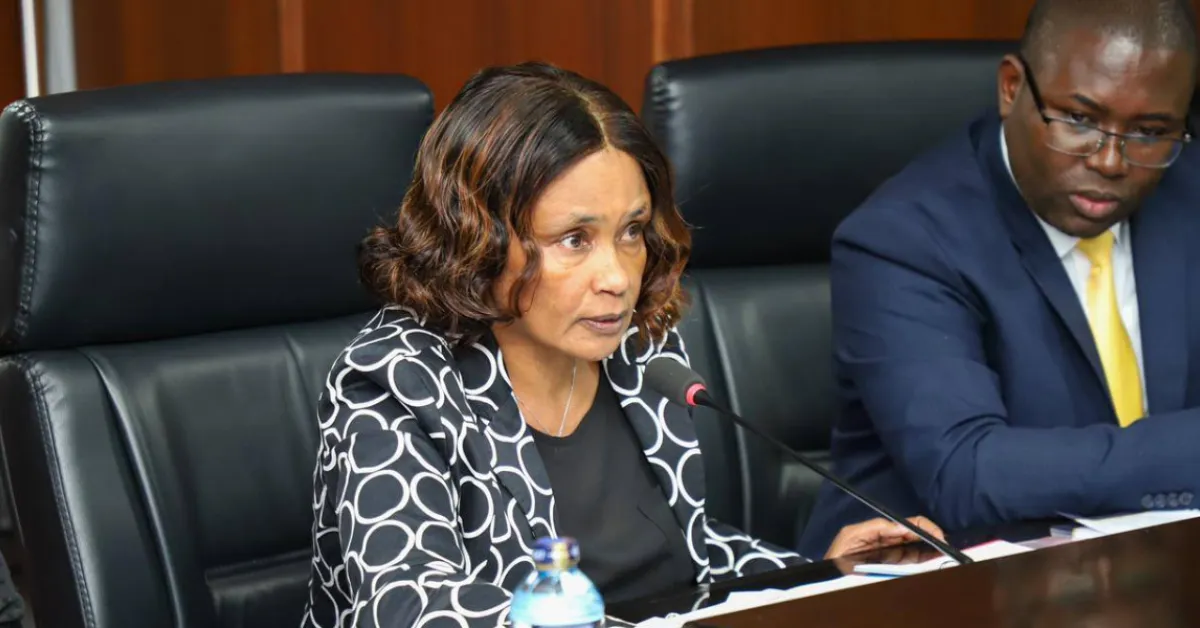
The Teachers Service Commission (TSC) has introduced new minimum academic and professional requirements for school leadership roles, including mandatory master’s degrees for secondary school principals and deputies.
The revised criteria, presented to the Senate Education Committee on 12 September, are part of ongoing reforms aligned with Kenya’s Competency Based Curriculum (CBC). Under the new guidelines, principals and deputy principals in secondary schools must now hold a master’s degree in a relevant subject, while headteachers and their deputies in primary schools must have at least a bachelor’s degree in education.
In addition to academic qualifications, applicants for principalship must have served as deputy principals in post-primary institutions for a minimum of three years. They must also complete Teacher Professional Development (TPD) modules and meet the integrity standards outlined in Chapter Six of the Constitution.
Candidates for deputy roles are required to have held senior master positions and demonstrated competence in teaching over the same duration. The policy introduces further structural changes, including a ban on posting post-primary school heads within their home counties, despite the recent repeal of the delocalisation policy by President William Ruto.
Leadership tenures will be limited to a maximum of nine consecutive years, with annual appraisals and performance contracts determining continued service.
For leadership roles in teacher training colleges, such as deans and registrars, candidates must possess both bachelor’s and master’s degrees in education or related disciplines.
They are also expected to have previously served as senior masters. The guidelines provide for medical retirement where an administrator is unable to fulfil their duties due to health issues, in line with the Code of Regulations for Teachers.
The reforms also clarify the division of responsibilities in schools with two deputy headteachers, assigning one to academic matters and the other to administrative tasks. Teachers regraded into administrative positions from 1 July 2017 will be deployed based on the availability of vacancies.
However, the changes have been met with criticism from teacher unions. The Kenya Union of Post-Primary Education Teachers (KUPPET) and the Kenya National Union of Teachers (KNUT) argue that the new requirements are exclusionary and were introduced without adequate consultation.
KUPPET Deputy Secretary-General Moses Nthurima said the sudden requirement for a master’s degree disadvantages many experienced teachers who lack postgraduate qualifications. He warned that this could lower morale among long-serving staff.
KNUT Deputy Secretary-General Hesbon Otieno raised concerns about the impact of promotions on teachers’ personal lives, noting that some are transferred to hardship areas without adequate support or allowances. He called for more dialogue and sensitisation before the policy is fully implemented.
While the TSC maintains that the reforms aim to improve professionalism and leadership standards, unions are urging the commission to consider the practical implications for teachers already in service.


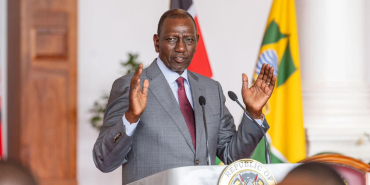

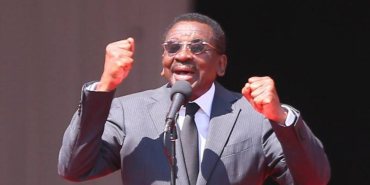
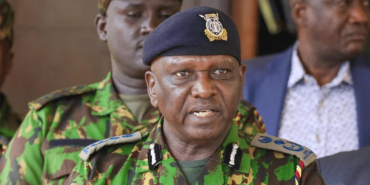


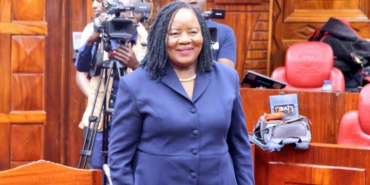





Add new comment